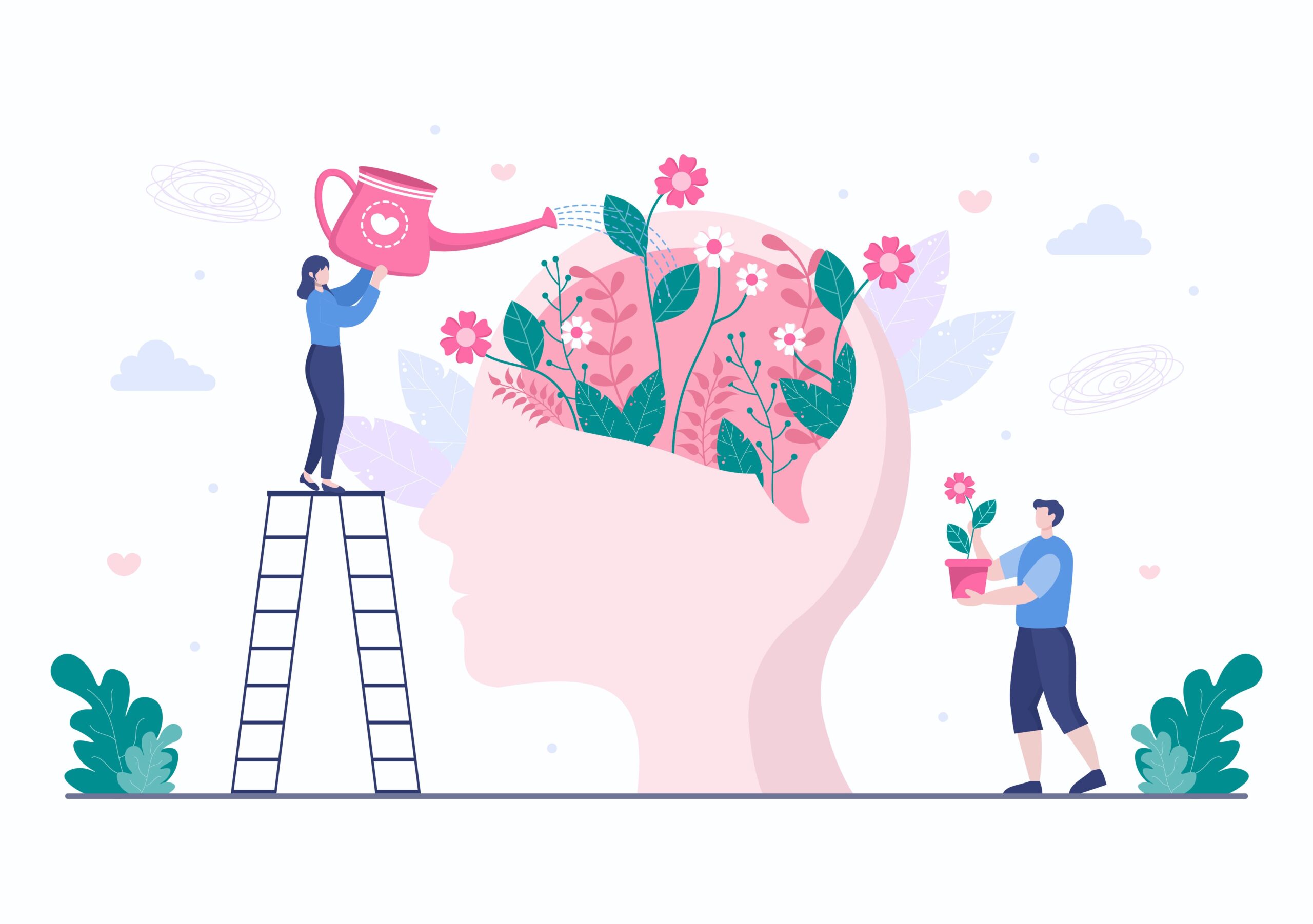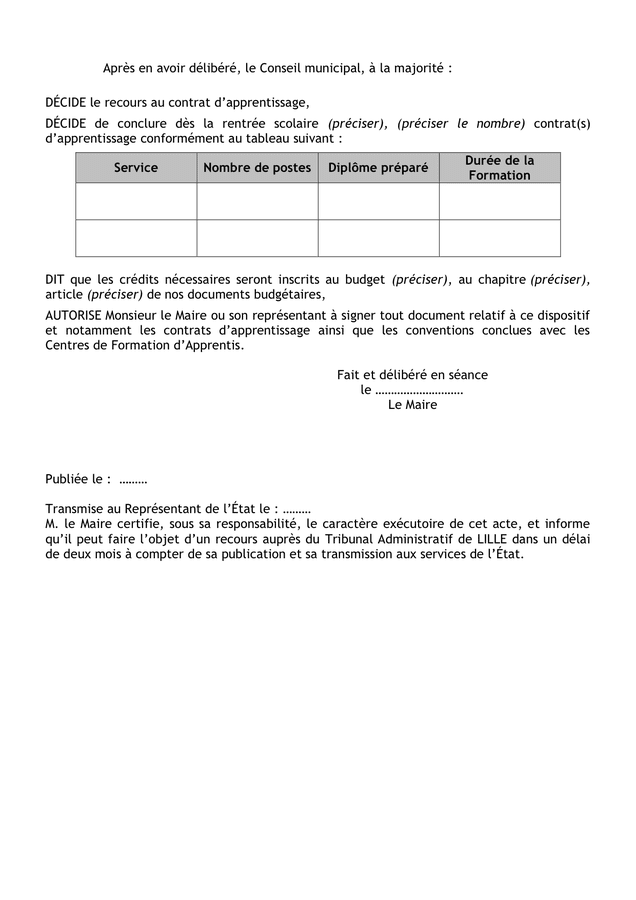Resilience & Mental Health: Building Strength, Not Bitterness

Table of Contents
Understanding Resilience and its Impact on Mental Well-being
Resilience is a cornerstone of strong mental health. But what exactly is it?
Defining Resilience:
Resilience is the ability to bounce back from adversity, adapt to stress, and overcome challenges. It's not about avoiding hardship, but navigating it effectively and emerging stronger. It's about maintaining a positive outlook and finding solutions even in difficult circumstances.
- Resilience is a skill, not an innate trait – it can be learned and strengthened. Just like any other skill, resilience requires practice and conscious effort.
- Resilient individuals experience less stress, anxiety, and depression. Their ability to cope with challenges effectively buffers them from the negative impacts of adversity.
- Strong resilience fosters better coping mechanisms and problem-solving abilities. Resilient people are better equipped to handle difficult situations and find effective solutions. They are proactive rather than reactive.
The Mental Health Benefits of Resilience:
The positive impact of resilience on mental well-being is significant.
- Reduced risk of developing mental health disorders like anxiety and depression. A strong sense of resilience acts as a protective factor against these conditions.
- Improved emotional regulation and stress management. Resilient individuals are better able to manage their emotions and responses to stress.
- Enhanced self-esteem and confidence in overcoming obstacles. Successfully navigating challenges builds self-belief and confidence.
- Stronger relationships due to improved communication and coping skills. Resilience improves communication and conflict resolution skills, leading to healthier relationships. Open communication is crucial for mental well-being.
Practical Strategies for Building Resilience
Building resilience is an active process that requires conscious effort and practice. Here are some key strategies:
Cultivating a Positive Mindset:
A positive outlook is fundamental to resilience.
- Practice gratitude: Focusing on what you have, rather than what you lack, shifts your perspective and boosts positive emotions. Keeping a gratitude journal can be very helpful.
- Challenge negative self-talk: Replace negative thoughts with more positive and realistic ones. Identify negative thought patterns and actively challenge them.
- Practice mindfulness and self-compassion: Accepting yourself and your experiences without judgment reduces self-criticism and increases self-acceptance. Mindfulness meditation can greatly assist.
- Learn from setbacks: View challenges as opportunities for growth and learning. Analyze what happened, what you could have done differently, and apply those lessons to future situations.
Building Strong Social Support Networks:
Strong social connections are vital for resilience.
- Nurture existing relationships: Spend quality time with loved ones; strengthen bonds with family and friends. Meaningful connections are a buffer against stress.
- Seek out supportive communities: Join groups with shared interests; find people who understand and support you.
- Don't hesitate to ask for help: Reach out to friends, family, or professionals when needed. Asking for help is a sign of strength, not weakness.
- Practice active listening and empathy: Strengthen your connections with others by being a good listener and showing empathy.
Developing Healthy Coping Mechanisms:
Healthy coping mechanisms are crucial for managing stress and building resilience.
- Exercise regularly: Physical activity releases endorphins and reduces stress. Aim for at least 30 minutes of moderate-intensity exercise most days of the week.
- Prioritize sleep: Adequate rest is crucial for mental and physical health. Aim for 7-9 hours of quality sleep per night.
- Engage in hobbies and activities you enjoy: Find healthy ways to manage stress and boost your mood. Engage in activities that bring you joy and relaxation.
- Consider professional help: Therapy or counseling can provide valuable support and guidance. A therapist can help you develop coping mechanisms and address underlying mental health concerns.
Recognizing Signs of Low Resilience and Seeking Help
Recognizing signs of low resilience is crucial for seeking appropriate support.
Identifying Warning Signs:
Prolonged periods of sadness, hopelessness, inability to cope with stress, social withdrawal, substance abuse, and physical symptoms like fatigue and sleep disturbances can all be indicators of low resilience. These can be signs of deeper mental health issues.
Seeking Professional Support:
Therapists, counselors, and psychiatrists can provide guidance, coping strategies, and treatment for underlying mental health conditions that may be impacting resilience. Don't hesitate to seek professional help if needed.
Self-Help Resources:
Books, online courses, and support groups offer additional support and tools for building resilience. These resources can complement professional help or provide support when professional help isn't immediately accessible.
Conclusion:
Building resilience is a journey, not a destination. By actively cultivating a positive mindset, strengthening your support network, and developing healthy coping mechanisms, you can significantly improve your mental well-being and navigate life's challenges with strength and grace. Remember, seeking professional help is a sign of strength, not weakness. Invest in your resilience and mental health today – your future self will thank you for it. Start building your resilience and mental health now!

Featured Posts
-
 Prima Nepoata A Lui Michael Schumacher Gina Schumacher A Devenit Mama
May 20, 2025
Prima Nepoata A Lui Michael Schumacher Gina Schumacher A Devenit Mama
May 20, 2025 -
 Palisades Fire Impact On Celebrities And Their Homes In Los Angeles
May 20, 2025
Palisades Fire Impact On Celebrities And Their Homes In Los Angeles
May 20, 2025 -
 Biarritz Analyse Du Conseil Municipal Budget Locations Saisonnieres A Sainte Eugenie
May 20, 2025
Biarritz Analyse Du Conseil Municipal Budget Locations Saisonnieres A Sainte Eugenie
May 20, 2025 -
 Transfer News Man Utd Makes Contact Over 62 5m Rated Player Wanted By Arsenal And Chelsea
May 20, 2025
Transfer News Man Utd Makes Contact Over 62 5m Rated Player Wanted By Arsenal And Chelsea
May 20, 2025 -
 Resmi Aciklama Fenerbahce Oyuncusu Ajax A Transfer Oluyor
May 20, 2025
Resmi Aciklama Fenerbahce Oyuncusu Ajax A Transfer Oluyor
May 20, 2025
Latest Posts
-
 Sydney Sweeneys Post Breakup Career Moves New Film Role
May 21, 2025
Sydney Sweeneys Post Breakup Career Moves New Film Role
May 21, 2025 -
 The Underrated Western Neo Noir Starring Dennis Quaid Meg Ryan And James Caan
May 21, 2025
The Underrated Western Neo Noir Starring Dennis Quaid Meg Ryan And James Caan
May 21, 2025 -
 Faktor Kunci Keberhasilan Liverpool Sosok Pelatih Di Liga Inggris 2024 2025
May 21, 2025
Faktor Kunci Keberhasilan Liverpool Sosok Pelatih Di Liga Inggris 2024 2025
May 21, 2025 -
 A Western Neo Noir Gem Rediscovering Dennis Quaid Meg Ryan And James Caan
May 21, 2025
A Western Neo Noir Gem Rediscovering Dennis Quaid Meg Ryan And James Caan
May 21, 2025 -
 Analisis Kesuksesan Liverpool Kontribusi Pelatih Dalam Menjuarai Liga Inggris 2024 2025
May 21, 2025
Analisis Kesuksesan Liverpool Kontribusi Pelatih Dalam Menjuarai Liga Inggris 2024 2025
May 21, 2025
